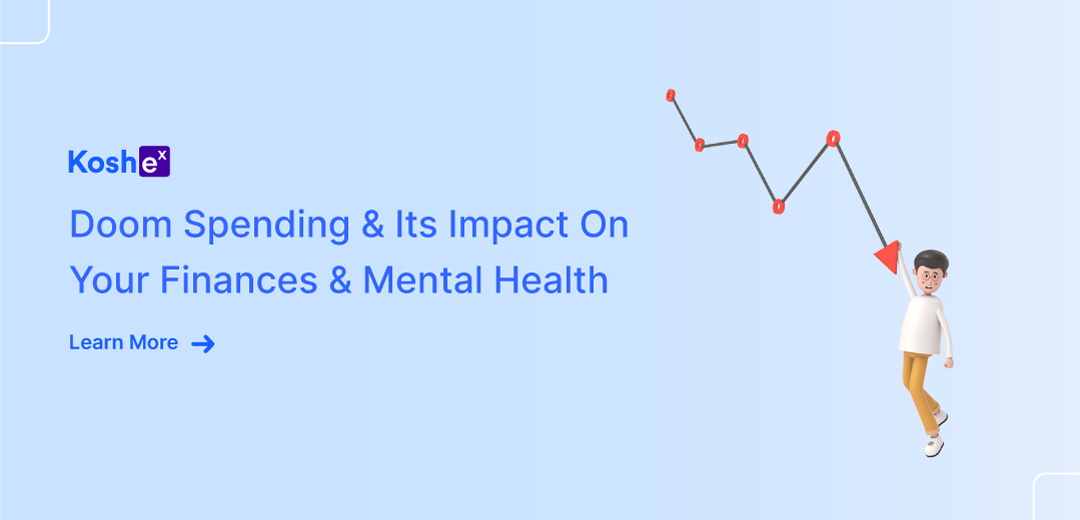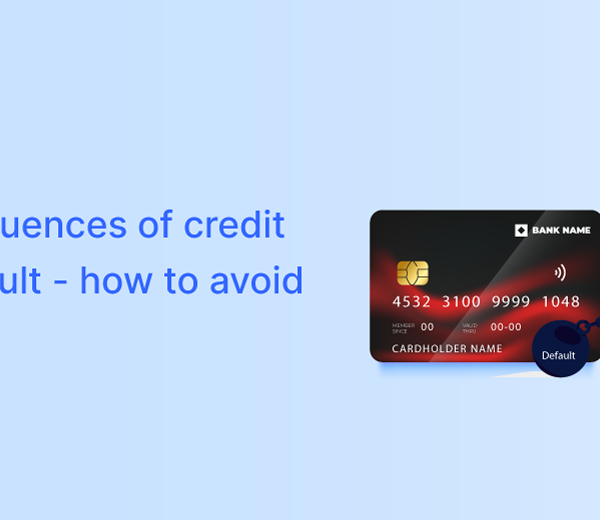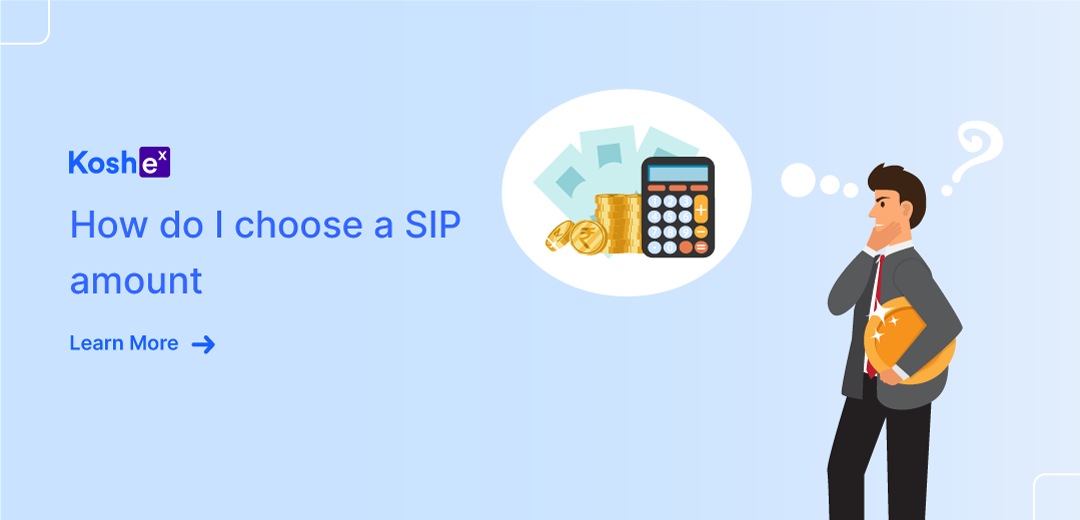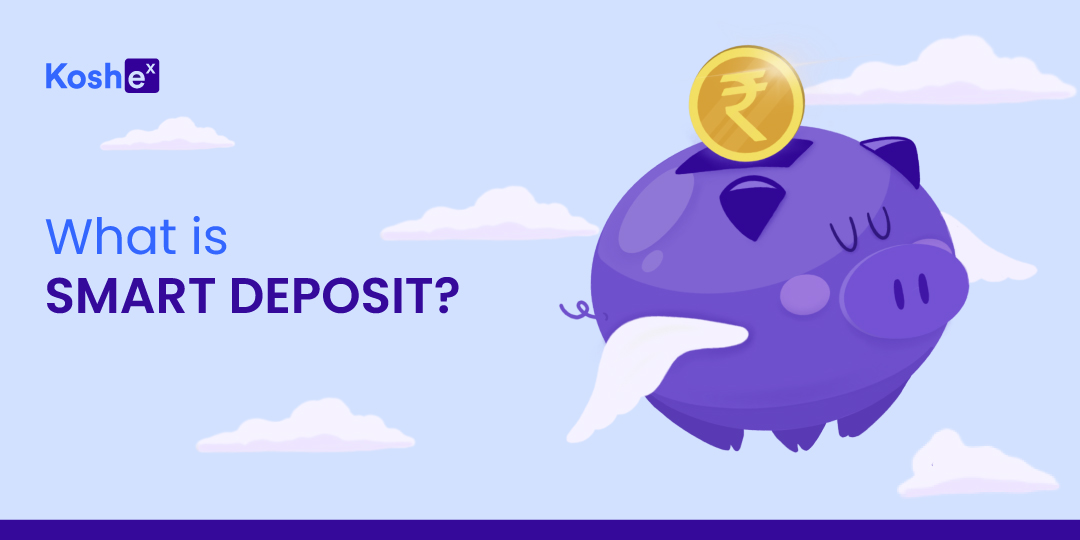Doom spending is the new term that is going viral on social media. This trend is said to be ruining the financial lives and mental health of Gen Z. In this article, we are doing a deep dive into this trend and how you can protect yourself from falling for it.
What Is Doom Spending?
Doom spending is where you spend more money to deal with financial stress. Dr. Traci Williams, a board-certified clinical psychologist, and certified financial therapist told CNET, “People experiencing financial stress often feel helpless, overwhelmed.”
“Shopping can give us an immediate but temporary boost of happiness. When we spend money on things we want, our brain releases feel-good chemicals, including dopamine, and reduces feelings of stress or sadness,” added Williams.
Doom Spending & Self Care
We get it. The world is pretty stressful right now. Every day, we may find something or the other on the news that would be upsetting or stressful for us. To cope, many of us may buy something to make us feel better. So, doom spending might even be a form of self-care for many. If something is making us feel better and making our lives happier in this stress-filled world, what’s the harm in that?
However, shopping to soothe your emotions may end up backfiring. Because, most times, when people shop for products to make themselves feel better, they end up feeling guilty, shameful, and anxious, once they get a reality check about their finances. These negative feelings may push people to make more purchases, which will again lead to more negative feelings, and the vicious cycle of spending and regretting will continue. In the end, people will end up accumulating a lot of debt.
So, here’s the harsh truth: doom spending is not self-care. True self-care is taking care of your finances by creating a budget and sticking to it, saving for your emergency fund, and investing for your future.
How To Avoid Doom Spending?
Here are some hacks that can help you avoid doom spending and save money.
- Track your spending for like a week. This can help you observe your spending habits, which, in turn, can help you start making plans for your money.
- Before you make a purchase, allow yourself some time, like a day or a week. This can help prevent making a decision you later regret.
- Create a budget as it can set boundaries and help you make more informed decisions.
- Reduce your opportunities to spend money, like removing your card number from retailer websites, unsubscribing from retailer emails and SMS alerts, deleting shopping apps, and setting up app limits for shopping categories.
- Curb overspending by changing the way you pay for your purchases. You can swap your credit card for your debit card or use cash more often.
- Instead of shopping whenever you are upset, choose other activities like going on a walk or catching up with your friends.
- Take a break from social media apps and news apps if they are making you feel depressed.
Also Read:17 Things You Should Never Do With Your Money
Conclusion
The world can look like it is becoming more miserable every day. However, constantly spending money to soothe yourself is not the right way to deal with your emotions. Find a better way to handle your feelings, like going out for walks, watching your favorite movies or TV shows, talking to a friend, and more. No more doom spending, only happy saving!
If you’re looking for an accountability partner, who can help you stick to your financial plan, check out Koshex today.









Leave a Comment